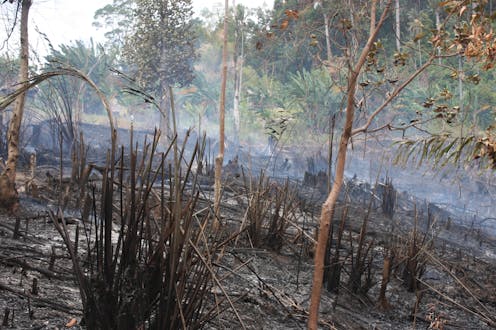Indigenous knowledge and the persistence of the 'wilderness' myth
- Written by Michael-Shawn Fletcher, Associate Professor in Biogeography, The University of Melbourne

According to the Oxford English dictionary, wilderness is defined as:
A wild or uncultivated region or tract of land, uninhabited, or inhabited only by wild animals; “a tract of solitude and savageness”.
Aboriginal people in Australia view wilderness, or what is called “wild country”, as sick land that’s been neglected and not cared for. This is the opposite of the romantic understanding of wilderness as pristine and healthy – a view which underpins much non-Indigenous conservation effort.
In a recent paper[1] for the Proceedings of the National Academy of Science, we demonstrate how many iconic “wilderness” landscapes – such as the Amazon, forests of Southeast Asia and the western deserts of Australia, are actually the product of long-term management and maintenance by Indigenous and local peoples.
But this fact is often overlooked - a problem which lies at the heart of many of the world’s pressing environmental problems. Indigenous and local people are now excluded from many areas deemed “wilderness”, leading to the neglect or erasure of these lands.
Read more https://theconversation.com/indigenous-knowledge-and-the-persistence-of-the-wilderness-myth-165164
















